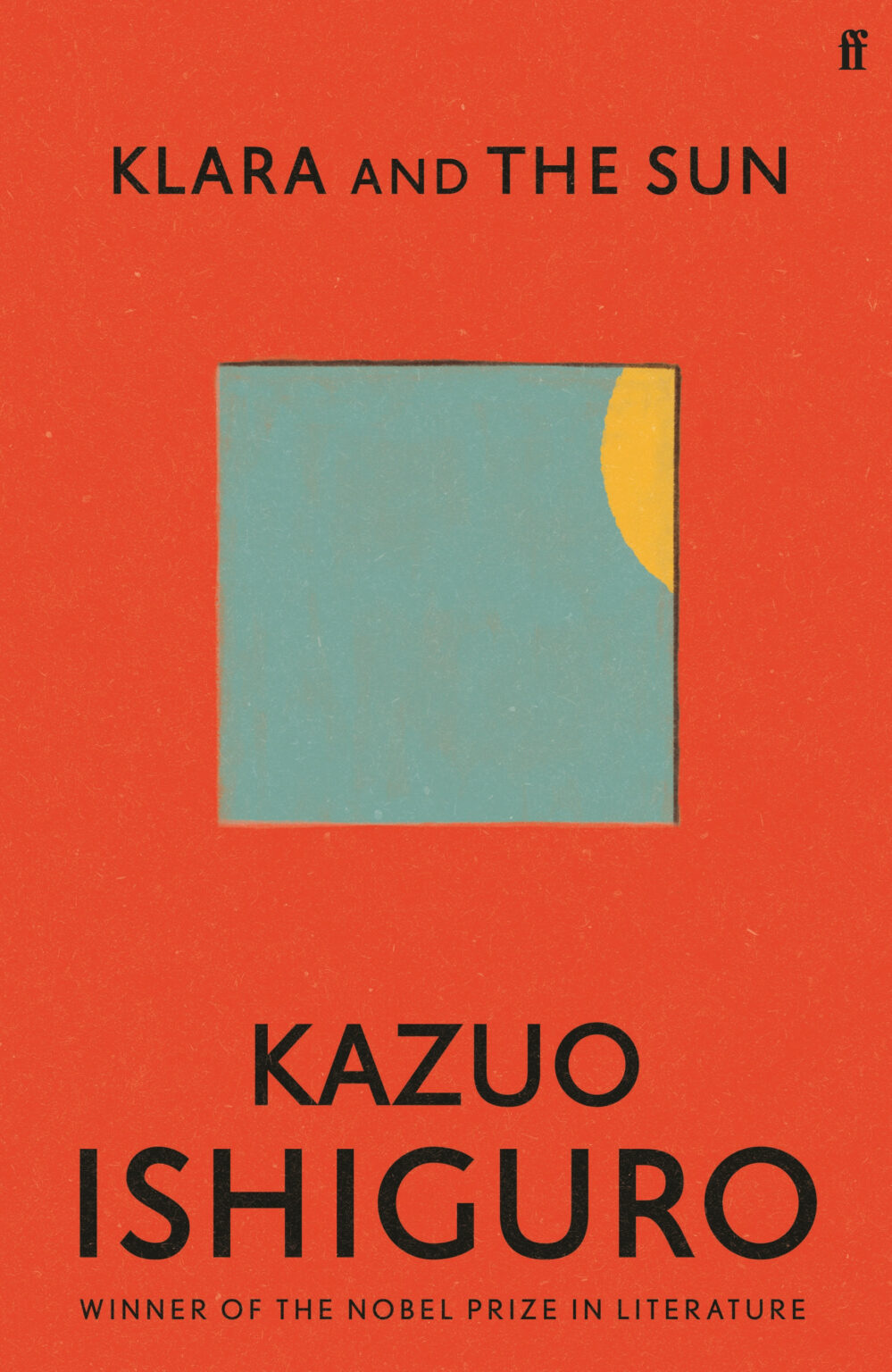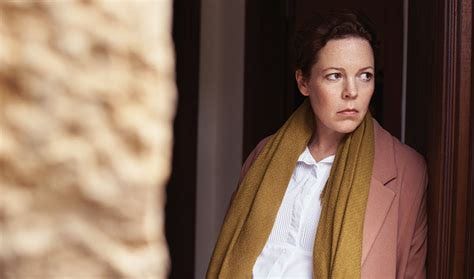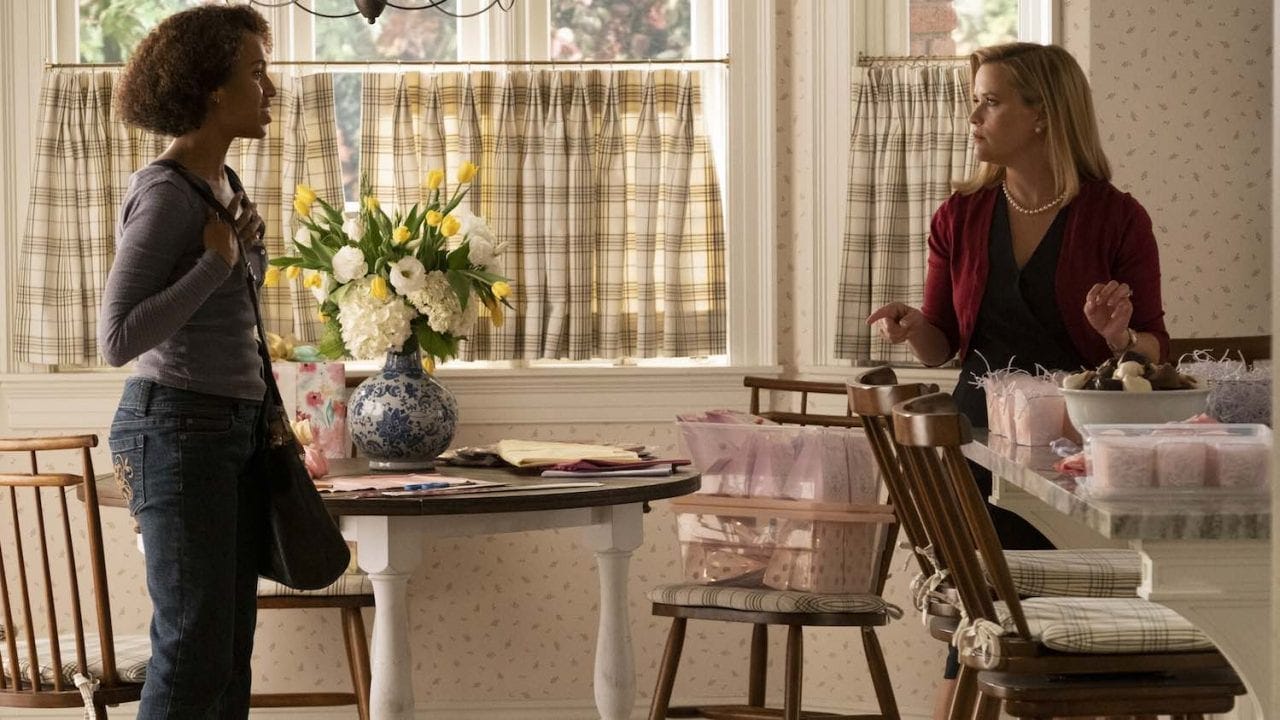When thinking about a fictional mom which one comes first to mind?
If there's an archetype with no shortness of representation in media and stories as old as time, that's the mother. There is a vast array of representations of moms in movies, TV shows, books, and even other forms of art including paintings, music, and sculptures.
Our relationships with our mothers are the perfect setting for drama with its many catalysts and frictions, surrounded by unconditional love. Stories as old as the Bible, Oedipus in ancient Greece, and Beowulf in the old English era try to unravel the almost mystical appeal mothers have.
The stories we tell about mothers and how we portray them say a lot about our society and what is collectively expected of them. And, in a way, what is to be expected of all women.
For the most part, this conflict-prone relationship has either been shown as non-conflicting at all or only examined through more problematic mothers. Nowadays, movies, series, and books portray motherhood from a more nuanced perspective. In particular, how demanding and frustrating it can be to be held accountable to “perfect mom” expectations.
I particularly appreciate the way stories continue to explore, albeit timidly, the difficulties (and even sins) of trying to become a mother, no matter what. Even how some women should have never been a mother, and how others do not want children at all.
The nice mom
Moms are expected to be all-loving beings of pureness or at least to be the ones everyone can always count on. Before the 60s, this character was simply flawless, with moms mostly being angelic housewives.
Later on, in sitcoms, this kind of mom would have new flavors. She is usually stressed out by all the problems her children and husband bring her, but she always makes sure that they have what they need. And although these mothers can be loud or neurotic, most are still well-put-together and competent moms. They are always pretty, even if their husband is not, and usually the only real adult person in the house.
These portrayals are everywhere in our favorite TV shows. She has to deal with the erratic behavior of her family and still be responsible and sensible.
This is a somewhat problematic portrayal of motherhood where everything falls on the shoulders of women. Men are allowed to be immature and act like children, while the mom has to take over the whole domestic realm and sometimes work as well. And never forget: always being slim and pretty.
Moms with mental health issues
In a new take, media outlets often feature moms who are not doing their part, despite themselves. Usually alcoholics, drug addicts, or any other form of addiction. Somewhere in their lives, things started turning wrong, they developed some problems, and their children suffered through it.
Those make for interesting characters, conflicts, and in general, quite compelling stories. We love reading or watching damaged people. It makes us feel less alone and weird with our own problems.
These stories are usually surrounded by loss, but often still a strong bond and love between the mother and her children. A good example I can think of is the series, Maid. Her mom has mental health issues. She had to survive through poverty and a series of abusive relationships that also took a toll on her daughter. But, she would still do all that she could for her offspring.
BoJack Horseman also explores his relationship with his own damaged mother in a sensible way. For him, there was never love, but the show still makes you care for his mom through her background story. BoJack wants to reconnect with his mom, but the series does not grant him this wish. It just shows their relationship as raw as it is. Which can sometimes happen in real life as well, making it a relatable story.
More nuanced modern moms’ stories
Before being a mother, they were women. They were individuals with aspirations, needs, and dreams. They are not necessarily damaged, but they have personal issues to figure out.
There are many compelling stories emerging these days that explore how complex it all can be. For instance, I think of Big Little Lies, a series that tells the story of 5 mothers that live in a coastal affluent area in California and congregate around the school grounds of their children.
Big Little Lies revolves around this sense of sorority that those women have. Through my friends and family, I can see just how significant having other moms around to support them can be for them.
Also starring and produced by Reese Witherspoon Little Fires Everywhere is centered around motherhood. It discusses adoption, surrogacy, and how choosing to have a child can change one's life. Also, racial issues and how those can sometimes take minorities and immigrants as less ideal mothers than their white counterparts.
Bad moms, a movie starring Mila Kunis explores the extremes of perfection that moms are held to and how important it is to fight back. That's also shown in Big Little Lies and Little Fires Everywhere and I guess, although it's something I believe most moms can relate to everywhere, it seems to be even more toxic in the US.
Non-moms
Mothers everywhere are openly discussing the difficulties and challenges of being a mother. Motherhood is no longer always seen through pink eyeglasses, and our stories are following suit.
Fertility has been plummeting for the last decades and more and more women are choosing not to have children at all. While the whole topic of being childfree has become mainstream, there is still a lot of prejudice surrounding it.
In general, there is this idea that women are only women if they are mothers. There are not many stories about people who don't want children or who are unable to have children, and I think portraying them through more characters would be a great step forward in making these issues more acceptable.
Believing that a woman is only a woman, or complete once a mom, causes great harm. Especially for those that cannot naturally have children.
It is not a very common topic in movies and series, even though IVF (in-vitro fertility) is increasingly being used by women because of this pressure to be mothers. An extremely hard thing to go through, with its high costs and daily hormone injections.
There's a somewhat indie movie called Private Life on Netflix that explores it quite well. This couple was so focused on having a kid that they didn't get the chance to connect with their nephews and enjoy the life they did have. They even go to the extreme of asking their 20-year-old niece to donate them her eggs. It portrays the difficulties of the whole process and it subtly shows some level of obsession.
Another very interesting movie is The Lost Daughter. There are many interesting topics touched upon in this story of a middle-aged woman on vacation in Greece. By the end of the movie, you think that this lady might have been better off without children.
Being always reliable can prove too much, especially if we are not asking the same from men. The relationships between mothers and their children can vary so much and there are many around the globe with broken relationships.
Further, there are an increasing number of us who don't want to be mothers or have difficulties in doing so. Having it be shown as the standard of a happy and fulfilling life can be damaging for both women and future children.
Stories can change our perception of how moms should behave and what is expected of them. It is very easy to miss the opportunity to show the truth if we always describe moms as perfect, or even if they're not, as always reliable. Stories have been more encompassing, but there's still much to do.
What to read?
Klara & the sun (2021). I don't want to give any spoilers, but this book fits perfectly with the topic.
It tells the story through the eyes of Klara, an Artificial Friend bought by a family composed of a mom and a daughter to be a companion to the daughter Josie. Like many stories on robots, it is connected to a central theme of what is it to be a human and what is love.
What to watch?
The Lost daughter (2021). Based on a book of the same name by Elena Ferrante, it tells the story of Leda (Olivia Colman) who is on vacation in Greece. She finds herself overwhelmed by memories of the difficult, unconventional choices she made as a mother and their consequences for herself and her family. The seemingly serene tale of a woman's pleasant rediscovery of herself soon becomes the story of a confrontation with her past.
What to binge?
Little fires everywhere (2020). It centrally tells the story of a perfect upper-middle-class mom (Reese Witherspoon) who, even though loves her 4 children, resents her younger one. This relationship is put to test when a new mom (Kerry Washington) appears in their lives.
Hey, not sure if you noticed, but I changed the name and appearance of my newsletter! I think it looks cooler and has a more focused purpose now.













I don’t necessarily think that fathers/men are allowed to be childish in some way. I think there was a trend towards highlighting women and mothers who could “have it all” and in many cases it was seen as in spite of their husbands.
The obvious examples of this in culture are Homer Simpson, Al Bundy and it goes back at least as far as Archie Bunker. These were seen as the model of masculinity in family dynamics or perhaps a critique of the traditional male role model. That it was outdated to view men in good roles.
As a result, women were offered as the alternative. The ideal female role model and who had sons who, in some aspects, respected women and looked up to women. Which was obviously a good thing. But it created a problem for how the family dynamics should work.